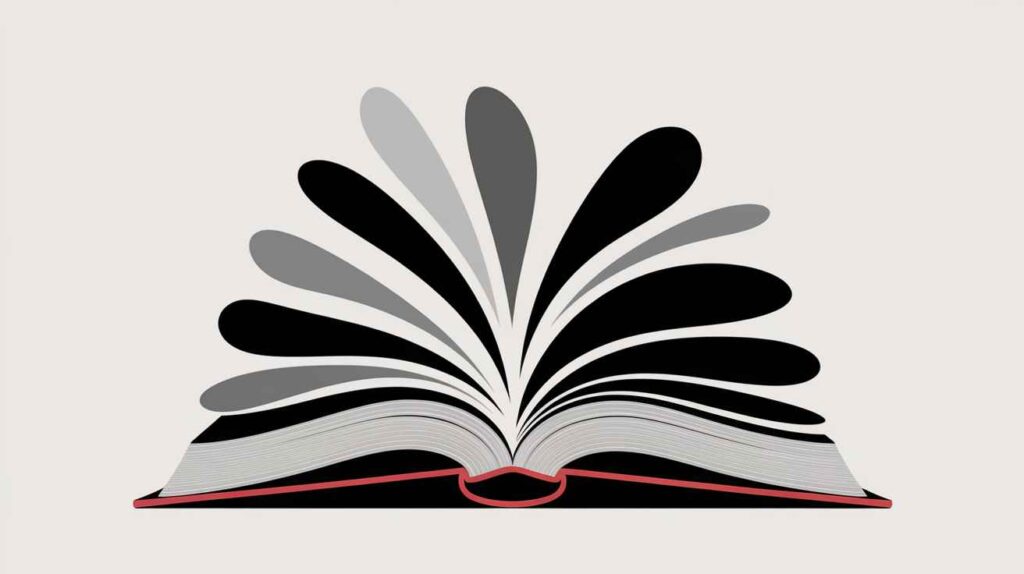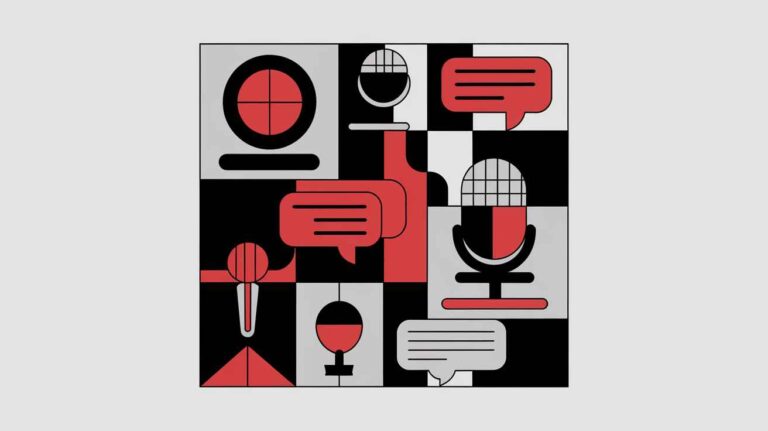Stories are not just art—they are frameworks through which societies interpret themselves.
Literature has always been more than a reflection of culture; it is a lens through which people understand history, identity, and power. From ancient epics to contemporary novels, the stories we tell reveal how societies imagine themselves and how they grapple with conflict, aspiration, and transformation.
In the age of digital acceleration, literature becomes even more vital. It slows us down, invites introspection, and offers the emotional depth that fast-paced media often lacks. Through narrative, readers can confront difficult truths—colonial memory, social inequality, displacement, gendered experience, and the politics of belonging.
Cultural studies expands this lens, examining how texts, films, media, and everyday practices shape public consciousness. It connects literature to lived experience, revealing how culture produces meaning, reinforces hierarchies, or challenges dominant narratives.
As global mobility and digital platforms diversify readership, new voices are emerging—writers who reimagine traditional forms, blend languages, and tell stories from previously marginalized perspectives. These works not only enrich literary landscapes but also reshape cultural understanding.
In a fragmented world, literature remains one of the few spaces where complexity is embraced, empathy is cultivated, and the human condition is explored with honesty and imagination.








